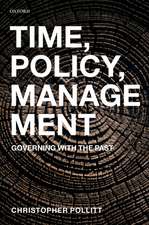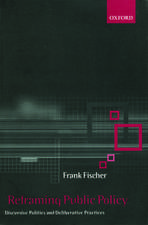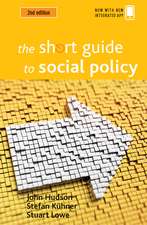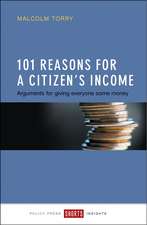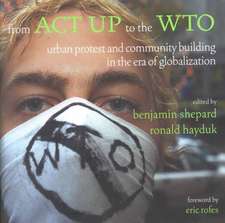The Gambling Debate: Historical Guides to Controversial Issues in America
Autor Richard McGowanen Limba Engleză Hardback – 29 noi 2007 – vârsta până la 17 ani
Din seria Historical Guides to Controversial Issues in America
- 42%
 Preț: 246.93 lei
Preț: 246.93 lei - 42%
 Preț: 269.49 lei
Preț: 269.49 lei - 42%
 Preț: 234.76 lei
Preț: 234.76 lei - 42%
 Preț: 226.11 lei
Preț: 226.11 lei - 43%
 Preț: 268.65 lei
Preț: 268.65 lei - 42%
 Preț: 228.19 lei
Preț: 228.19 lei - 43%
 Preț: 258.96 lei
Preț: 258.96 lei - 42%
 Preț: 235.99 lei
Preț: 235.99 lei - 42%
 Preț: 234.49 lei
Preț: 234.49 lei - 42%
 Preț: 260.37 lei
Preț: 260.37 lei - 42%
 Preț: 226.02 lei
Preț: 226.02 lei - 42%
 Preț: 227.43 lei
Preț: 227.43 lei - 42%
 Preț: 225.53 lei
Preț: 225.53 lei - 52%
 Preț: 250.49 lei
Preț: 250.49 lei - 42%
 Preț: 226.49 lei
Preț: 226.49 lei - 42%
 Preț: 226.49 lei
Preț: 226.49 lei - 42%
 Preț: 259.90 lei
Preț: 259.90 lei - 42%
 Preț: 259.90 lei
Preț: 259.90 lei
Preț: 226.02 lei
Preț vechi: 391.31 lei
-42% Nou
Puncte Express: 339
Preț estimativ în valută:
43.25€ • 46.97$ • 36.33£
43.25€ • 46.97$ • 36.33£
Carte tipărită la comandă
Livrare economică 23 aprilie-07 mai
Preluare comenzi: 021 569.72.76
Specificații
ISBN-13: 9780313340680
ISBN-10: 0313340684
Pagini: 192
Dimensiuni: 156 x 235 x 21 mm
Greutate: 0.43 kg
Editura: Bloomsbury Publishing
Colecția Greenwood
Seria Historical Guides to Controversial Issues in America
Locul publicării:New York, United States
ISBN-10: 0313340684
Pagini: 192
Dimensiuni: 156 x 235 x 21 mm
Greutate: 0.43 kg
Editura: Bloomsbury Publishing
Colecția Greenwood
Seria Historical Guides to Controversial Issues in America
Locul publicării:New York, United States
Notă biografică
Richard A. McGowan is an Associate Professor at Boston College's Carroll School of Management and a Research Fellow at Harvard Medical School, where he has worked with Massachusetts state legislators formulating public policies affecting the sin industries. His previous books for the Greenwood Publishing Group include State Lotteries and Legalized Gambling: Painless Revenue or Painful Mirage (Quorum 1994) and (with John F. Mahon) Industry as a Player in the Political and Social Arena: Defining the Competitive Environment (Quorum 1996). He is also the author of Government and the Transformation of the Gaming Industry (2001).
Recenzii
McGowan (management, Boston College) presents case studies illustrating aspects of the gambling industry, allowing readers to debate the merits of gambling from the points of view of various stakeholders, such as government officials, gambling industry executives, and the gambling public. The book begins by reviewing the current state of gambling in the US, emphasizing the newest segments of the industry. A summary of the various ethical debates on gambling over the past few years presents a framework for analyzing the ethical issues. Three issues are then analyzed in depth: Internet gambling, sports gambling, and Native American gambling. The author develops a model for understanding the factors that public policy officials need to weigh when considering expansion of gambling, and offers a framework for evaluating the role of government in the gambling industry.


